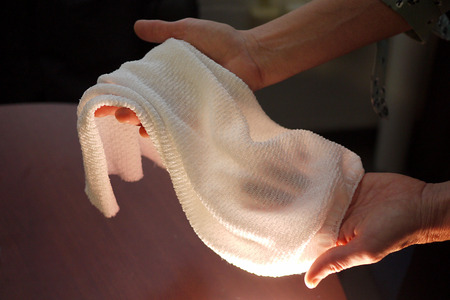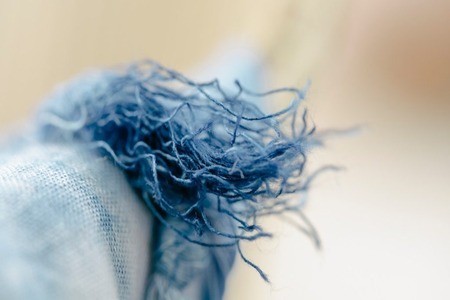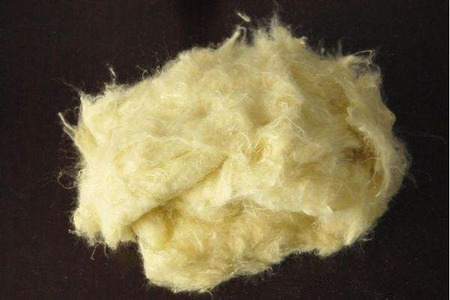Ancient Chinese textile Song brocade making a comeback
YarnsandFibers News Bureau 2015-01-20 10:00:00 – BeijingWujiang Dingsheng Silk Co.,Ltd., owned by silk trader Wu Jinhua has became part of a fashion phenomenon during the 2014 APEC conference in Beijing after prominent world leaders were spotted wearing a modern take on Chinese garb made out of his company's Songjin silk.
Since then, Wu Jinhua is one of the busiest occupants in his ancient hometown of Shengze. As his company is one of the few mass producers of traditional Songjin silk. He has been overwhelmed with orders for the high-collared Chinese tunics plainly described as "APEC leader suits".
With a history dating back to the Song Dynasty (960-1279), the textile, also known as Song brocade, was used by royal family members to make clothes or for framing calligraphy.
The practice, however, almost became extinguished three years ago after harsh competition from more modern chemically produced textiles plummeted demand for the complicated, dated production methods of Songjin silk.
Further stinting the industry, aging craftsman have had difficulty recruiting apprentices to take part in the UNESCO-heritage-listed silk making procedure, as most young adults make more money in chemical fiber companies.
In Wu's hometown of Shengze, there are about 2,500 factories. Among them, only 10 can manufacture silk textile, among the silk producers, only Wu's factory is able to manufacture Songjin.
Wu began reviving the ancient textile in 2012 after his factory produced a small hand-made Songjin hand bag which turned out to be a popular exhibit at a local showcase.
Seeing its popularity, he organize a research team to work out a way that would lead to mass production of the textile. The team succeeded in making technical improvements on four pieces of heavy machinery imported from Europe, enabling Wu's factory to mechanize the process.
Soon, they started producing 100 meters of Songjin a day, compared with the 8 centimeters accomplished by craftsman, Wu said.
With access to virtually unlimited amounts of the fabric, his factory could experiment with bold fashion designs without worrying about wasting the precious material.
His design team, which includes two Italian artists, is branded under the name Saint-Joy, which also makes scarves and handbags.
While utilizing machine manufacturing, Wu has also used his resources to prop up high-end Songjin products made by craftsmen. He has also employed 63-year-old Hu Deyin, a renowned silk craftsman, to work for him.
Wu has opened several boutique shops in Beijing and Suzhou. Though, currently, Wu's clients are mostly domestic, his ambitions are beyond China.
Recently, with the help of a Chinese friend, Wu has opened his first overseas office in London. The office will be a base to sell Songjin products to European customers. His next plan is to open a boutique shop in Paris.
Market Intelligence
Ask for free sample Report

experience
Customer Base
dedicated team
Countries Served Worldwide









